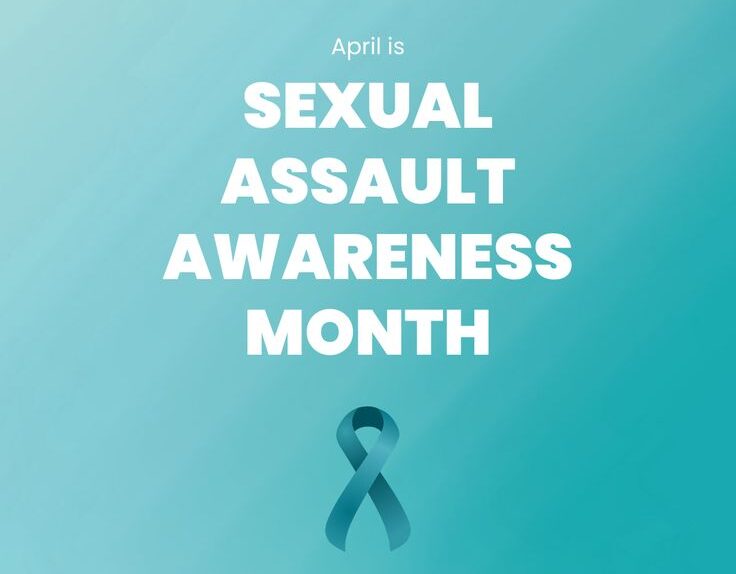Are you worrying yourself SICK?
Are you one of those anxious people who worry all the time? You fret if your friend or spouse does not return your call? You worry about your looks. You
Are you one of those anxious people who worry all the time? You fret if your friend or spouse does not return your call? You worry about your looks. You feel a lump in your breast and are already thinking about your death? You worry about losing your job or failing an exam even when there is no reason to do so? Chronic anxiety does not only cause you sleepless nights, it could also be making you physically ill.
If you are a born worrier, today’s fast and challenging life is unlikely to help you relax. We work longer hours. It gets harder each day to make ends meet. It’s not easy to find a job or make success out of a business. Technology never seems to switch us off – what with mobile phones, TV, Ipads, twitter, facebook and all manner of gizmos that seem to control our lives? Also, living in crowded places, using noisy public transport systems, and spending hours in jams only raises our anxiety levels. We don’t seem to experience moments of calm. We hardly get time to visit relatives and friends and when we do, we are too tired to spend quality time with them.
Today, many people report being stressed and not able to sleep properly. Unfortunately the majority of these are women, as they seem to carry the bigger worry burden. Women need to know that all that fretting will not do their health much good. There is a price to pay for always being on edge. Several studies show that stress of a significant duration depletes immunity, leaving you at higher risk of infections such as colds and flu.
Anxiety encourages the release of immune-suppressing hormones called corticosteroids, which leave you more susceptible to illness. Some research even suggests that people who are constantly worrying may be more likely to experience a range of common, highly debilitating conditions such as chest pains and digestive problems.
Do you live on your nerves?
People with anxious personalities are more likely to suffer from chronic conditions that have no clear physical cause, such as irritable bowel syndrome (IBS), migraine and fibromyalgia – a condition with a cluster of symptoms including musculoskeletal pain. With some of these conditions, commonly known as functional illnesses, X-rays, blood tests and other tests reveal no obvious abnormality, although the symptoms are very real to the sufferer.
People rarely have one functional illness in isolation. For example, IBS sufferers may also experience migraine and fibromyalgia. The symptoms can vary in the same person over time – one year she may suffer from bowel complaints, the next headaches, with extreme tiredness the year after. These may seem like completely different problems, so the patient ends up seeing different doctors and probably getting different diagnosis. Experts believe that these complaints probably have the same underlying cause – anxiety.
Many surveys have shown that patients with functional syndrome score more highly for anxiety and depression than healthy people, or those with organic illnesses. Psychological distress is more prevalent in fibromyalgia than in rheumatoid arthritis, and in IBS compared with Crohn’s disease or ulcerative colitis. Other research has also linked anxious personality with these sorts of conditions. A study reported in the International Journal of Eating Disorders, for example, found that women with migraines were more likely to be perfectionists who anxiously controlled all areas of their lives.
But you need to remember, however, that migraine, IBS and fatigue are real illnesses and not imaginary ones – they are not just in the mind. When things upset, annoy, or frighten us, we “feel” it as both a physical upset and an emotional disturbance. Doctors believe that functional illnesses such as IBS are a reaction of the whole person – in other words, both body and mind – to stressful life situations. Research also shows that trends in psychological disorders are similar to those in functional illnesses. Both are very common, affect women more than men, young people more than the middle aged, wax and wane according to what’s going on in someone’s life, and have increased dramatically over the last thirty to forty years.
One cannot also ignore the physiological aspects of these conditions. Once IBS is established, for example, stress can be a trigger for flare-ups. IBS also has multiple causes. There is an inflammatory component and it also seems the brain’s processing of signals from the gut may not be normal. In most people with IBS, certain foods worsen the condition. For example, eating wheat products such as bread, pizza or cake can trigger it.
IBS is not the only functional illness linked to physical causes. Some people with migraine may have a small, undetected hole in the heart, which could be linked to the condition, while chronic fatigue syndrome can be traced back to a viral infection such as glandular fever. But there is no doubt that if you want to feel your best and stay healthy, it is a good idea to tackle your anxiety levels and look at your diet as well as lifestyle.
Tips to help you calm down
Take a deep breath. Slow, deep breathing can make a big difference when you are anxious. Inhale slowly and deeply through your nose. Hold for a couple of seconds, and then exhale through your mouth, making the ‘out’ breath twice as long as the ‘in’ breath.
Get Moving. Exercise helps release stored tension and encourages the release of mood-boosting endorphins. If you are anxious, regular cardiovascular exercise could help. Yoga is also great for beating stress.
Keep a self-esteem journal. Every day, write down everything you have done well, from cooking a delicious meal to handling a crisis efficiently. This will help build up your esteem-esteem, so you start to believe you can handle anything that comes your way.
Challenge anxious thoughts. When a worry pops into your mind, ask yourself if it is really valid. This is a cognitive behavioural therapy technique. If you find it hard to reduce your anxiety, seek help from a therapist.
Published in August 2012





